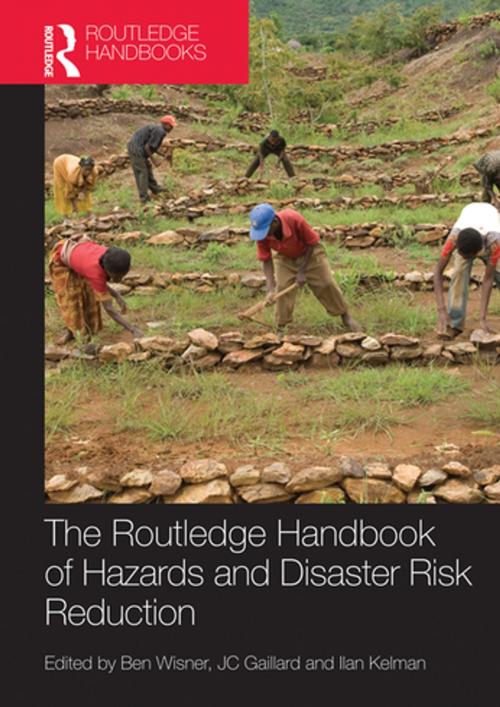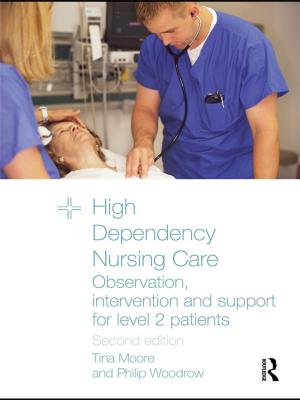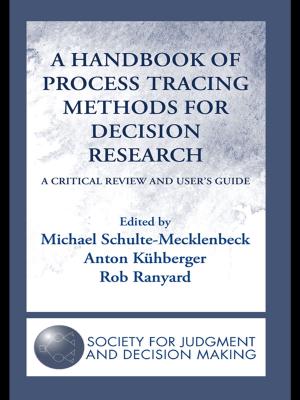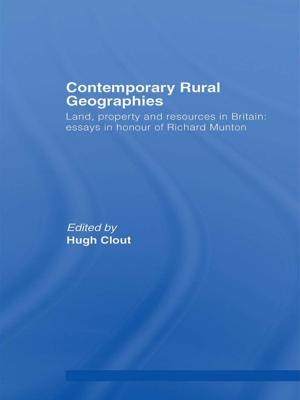Handbook of Hazards and Disaster Risk Reduction
Nonfiction, Science & Nature, Science, Earth Sciences, Geography, Social & Cultural Studies, Social Science, Human Geography| Author: | ISBN: | 9781136918681 | |
| Publisher: | Taylor and Francis | Publication: | March 29, 2012 |
| Imprint: | Routledge | Language: | English |
| Author: | |
| ISBN: | 9781136918681 |
| Publisher: | Taylor and Francis |
| Publication: | March 29, 2012 |
| Imprint: | Routledge |
| Language: | English |
The Handbook provides a comprehensive statement and reference point for hazard and disaster research, policy making, and practice in an international and multi-disciplinary context. It offers critical reviews and appraisals of current state of the art and future development of conceptual, theoretical and practical approaches as well as empirical knowledge and available tools.
Organized into five inter-related sections, this Handbook contains sixty-five contributions from leading scholars. Section one situates hazards and disasters in their broad political, cultural, economic, and environmental context. Section two contains treatments of potentially damaging natural events/phenomena organized by major earth system. Section three critically reviews progress in responding to disasters including warning, relief and recovery. Section four addresses mitigation of potential loss and prevention of disasters under two sub-headings: governance, advocacy and self-help, and communication and participation. Section five ends with a concluding chapter by the editors.
The engaging international contributions reflect upon the politics and policy of how we think about and practice applied hazard research and disaster risk reduction. This Handbook provides a wealth of interdisciplinary information and will appeal to students and practitioners interested in Geography, Environment Studies and Development Studies.
The Handbook provides a comprehensive statement and reference point for hazard and disaster research, policy making, and practice in an international and multi-disciplinary context. It offers critical reviews and appraisals of current state of the art and future development of conceptual, theoretical and practical approaches as well as empirical knowledge and available tools.
Organized into five inter-related sections, this Handbook contains sixty-five contributions from leading scholars. Section one situates hazards and disasters in their broad political, cultural, economic, and environmental context. Section two contains treatments of potentially damaging natural events/phenomena organized by major earth system. Section three critically reviews progress in responding to disasters including warning, relief and recovery. Section four addresses mitigation of potential loss and prevention of disasters under two sub-headings: governance, advocacy and self-help, and communication and participation. Section five ends with a concluding chapter by the editors.
The engaging international contributions reflect upon the politics and policy of how we think about and practice applied hazard research and disaster risk reduction. This Handbook provides a wealth of interdisciplinary information and will appeal to students and practitioners interested in Geography, Environment Studies and Development Studies.















